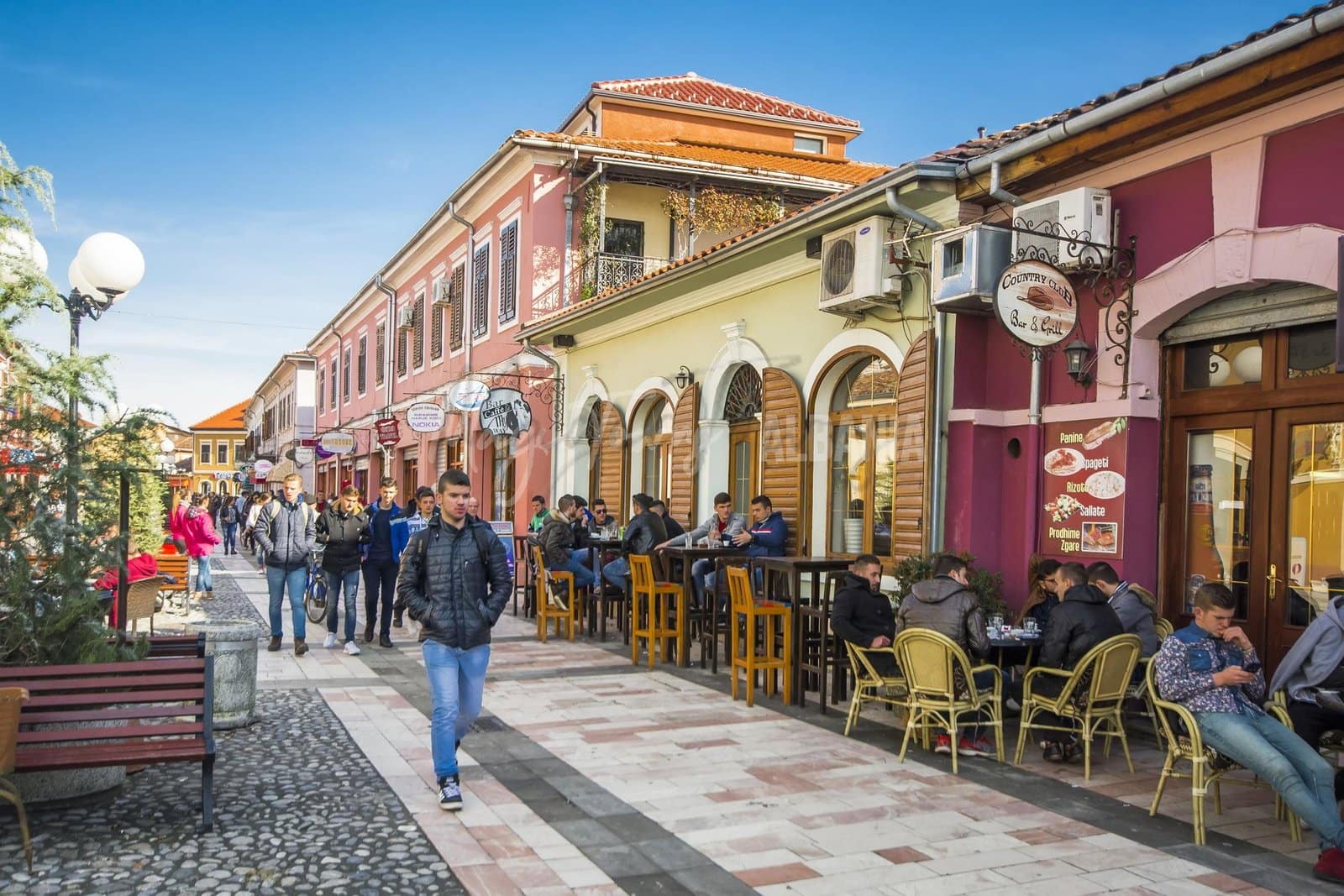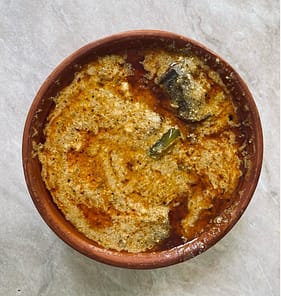Very often, readers ask us whether American, German, or French citizens – to name some – are allowed to buy property in Albania, and under what conditions. In response to these numerous inquiries, we’ll address today the topic of buying property in Albania as a foreigner.
We’ll provide a comprehensive guide, addressing common queries, highlighting the common pitfalls, and sharing expert insights.
Albania presents a relatively open market for foreign investors; however, there are essential restrictions and guidelines that foreign buyers must consider.
This guide is an extract from Albania Property Guide, our e-book covering all aspects of renting, owning, and selling property in Albania.
Download vores e-bog "Køb af ejendom i Albanien" og start din rejse til at eje et hjem i Albanien!
Ejendomstyper og købsrettigheder
Bolig- og erhvervsejendomme: Foreign individuals and entities can generally purchase residential and commercial properties without restrictions. This openness has encouraged a diverse range of investors to explore opportunities across the country.
Restriktioner for køb af jord: Reglerne bliver strengere, når det gælder køb af jord. Udlændinge er typisk afskåret fra at købe landbrugsjord direkte, en begrænsning, der er almindelig i mange lande for at beskytte det lokale landbrug. Ikke desto mindre er der alternativer, hvis du virkelig ønsker at købe noget landbrugsjord i Albanien:
- Virksomhedens ejerskab: Ved at oprette et albansk selskab kan udlændinge købe landbrugsjord. Denne metode er populær til investeringsprojekter inden for turisme og landbrug.
- Lejekontrakter: Udlændinge kan indgå langtidskontrakter om landbrugsjord med løbetider på op til 99 år. Det giver ikke ejerskab, men tilbyder en stabil platform for udvikling.
Begrænsninger i zoneinddeling og udvikling
Før man går i gang med at købe en ejendom, er det afgørende at kontrollere zonestatus. Specifikke områder er udpeget til bestemte formål, f.eks. bolig, erhverv eller landbrug, og det kan være kompliceret at ændre disse betegnelser. Desuden er udviklingsrestriktionerne strenge, især i beskyttede områder eller kulturarvsområder, hvor ændringer af ejendommen er strengt reguleret.
Kulturarv og beskyttede områder
Ejendomme inden for UNESCO-beskyttede områder or national heritage sites have stringent restrictions. Foreign buyers should be aware of these limitations, as they can significantly restrict the ability to modify, renovate, or develop the property
Risici som "dobbeltsalg", hvor en ejendom sælges til flere købere, er udbredte. Det er afgørende at kontrollere sælgerens omdømme og ejendommens juridiske og økonomiske status. Det albanske nationale agentur for informationssamfundet (AKSHI) leverer en online platform for checking property registration.
This step helps in identifying any potential legal issues early on. We strongly recommend you read our guide to potential pitfalls when buying property in Albania.
Køb af ejendom i Albanien som udlænding, trin for trin
1. Research and Identify Property
Begin by exploring the market, considering factors such as location, type of property (apartment, house, or land), and budget. Online portals, real estate agents, and expos are useful resources. If using an agent, expect to pay a commission of 2% to 5% of the purchase price, with 1% usually borne by the buyer.
2. Legal Representation
It is essential to hire a lawyer skilled in Albanian property law to navigate the legal complexities and ensure the property has a clean title. Legal fees generally amount to about 1% to 2% of the property purchase price.
3. Property Inspection
A thorough inspection is crucial to identify any potential structural or legal issues. Keep in mind that these additional costs could potentially save you significant expenses in the long run by preventing the purchase of a property with structural issues. Professionals may also uncover issues such as hidden water damage, electrical problems, or violations of zoning regulations.
4. Negotiation and Agreement
After selecting a property, negotiate the price and have your lawyer draft a preliminary contract that clearly outlines the sale terms.
5. Due Diligence
Your lawyer should conduct due diligence to check for any legal encumbrances, outstanding debts, or other issues, ensuring the seller’s ownership and proper registration.
6. Payment and Contracts
The payment process typically involves a deposit followed by the final payment upon contract completion. All financial transactions must be documented and conducted through legal channels.
7. Signing the Contract
This takes place in the presence of a notary, who verifies the documents and identities involved. Notarisation fees vary based on the property’s value.
8. Registration
The property must be registered at the local cadastral office to legally transfer ownership. This step incurs a fee of about 0.1% to 0.3% of the property’s value.
9. Utilities and Services
Once the property is officially yours, arrange for the transfer of utilities and services into your name.
We Can Help You Buy Property in Albania
For udenlandske købere er det nøglen til en vellykket transaktion i Albanien at forstå, hvilke typer ejendomme der kan købes, og at kunne navigere i det lokale retssystem med professionel hjælp.
Magic Towns Albania offers recommended professionals to help you through the process, as well as guides on major cities and towns in Albania, providing insights into safety, amenities, and the local economy to aid potential expats, investors, and movers in making better-informed decisions.
Our team includes relocation experts, property experts, and lawyers. Feel free to reach out if you’d like to discuss your specific needs. Happy hunting!





